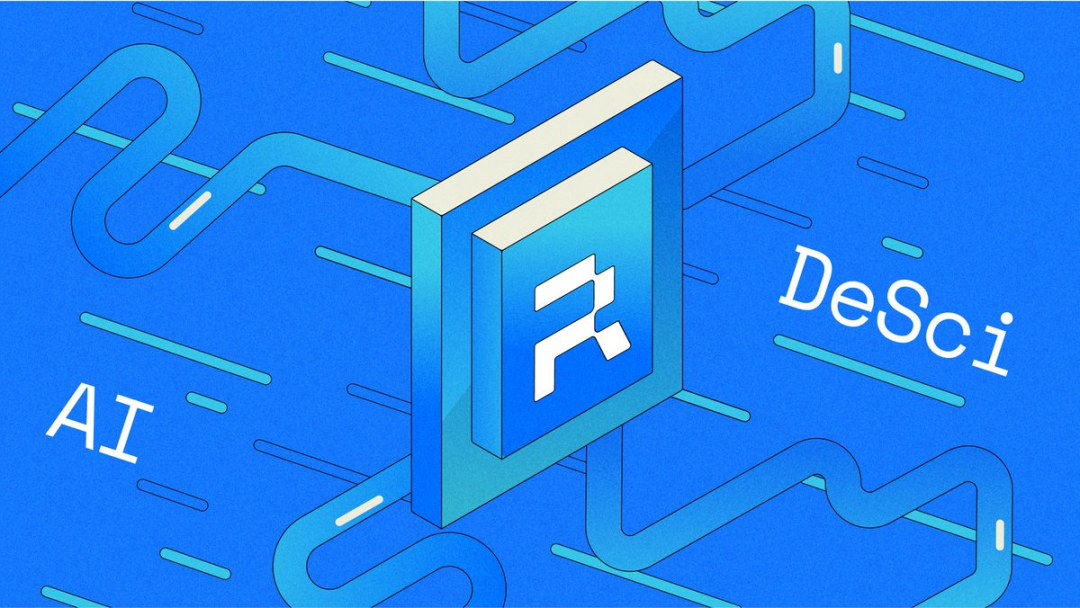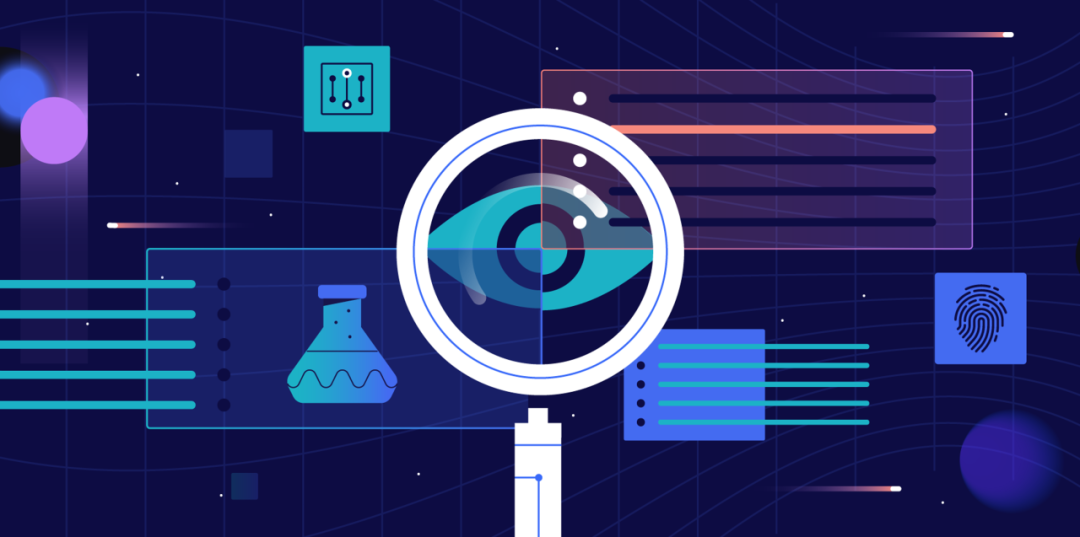The performance of the U.S. stock market in recent times is not worthy of applause, but one sector has emerged in this dullness, with individual stocks showing a strong performance of 300% increase in a single month. Even "Wood Sister" has publicly stated that this sector is currently the most undervalued AI application field. Pelosi, known as the "Capitol Hill Stock God", has set an example by betting and won the first place in Tempus AI. Tempus belongs to the sector that has recently been pushed to the cusp of the storm - AI healthcare.
Similarly, Firefly, another company in the AI medical sector, soared 170% overnight after announcing that it had joined Nvidia's Connect program. Although it has now fallen back a lot, the popularity of AI medical care continues on Wall Street.
What is DeScAI?
If AI-enabled healthcare is like adding wings to a tiger, then blockchain-enabled healthcare will be another kind of industry-wide innovation. Of course, if the three are integrated, it will be a subversion of the medical industry. This is what we are going to talk about today: Desci (decentralized science integrates the principles of decentralization and blockchain into the field of scientific research to achieve open research, reduce barriers to entry, promote global cooperation, and enhance the integrity of scientific data) + AI (artificial intelligence).

As we all know, since the scientific revolution in the 17th century, human exploration of knowledge has experienced a transformation from individual struggle to institutional monopoly. Now, with the rapid rise of blockchain and AI, a new revolution is quietly emerging.
The deep integration of DeSci and AI can not only break the barriers of data silos, inefficient review and centralized funding allocation in traditional scientific research, but also release unprecedented innovative energy for scientific development through open sharing, collaborative innovation and intelligent decision-making. We can call this integrated innovation "DeScAI" (Decentralized Science AI), which means "decentralized scientific artificial intelligence."
How does Desci integrate with AI?
1. Efficient use of medical data
Traditional AI models usually rely on centralized data warehouses, which are monopolized by a few institutions, often forming data silos and accompanied by the risk of privacy leakage. Desci uses blockchain to store scientific research data and health data on-chain, ensuring that the data cannot be tampered with and can be traced throughout the process, thereby achieving a closed loop of data ownership, sharing, and incentives.
2. Comprehensive upgrade of precision medicine
With the help of a distributed health data platform and real-time AI monitoring system, each patient will receive a customized diagnosis and treatment plan. Doctors can obtain a patient's panoramic health records in real time through global open data resources and adjust treatment strategies based on dynamic data, thereby significantly improving treatment effects and reducing medical costs.
3. Revolutionary transformation of drug development and clinical trials
Decentralized clinical trial management and intelligent drug development platforms will significantly shorten the drug development cycle and reduce costs. The closed-loop feedback mechanism formed by transparent funds, data on-chain and AI real-time monitoring will promote the efficient operation of the entire process from new drug development to clinical transformation, bringing far-reaching impacts to the biopharmaceutical industry.
4. Construction of a global collaborative scientific research ecosystem
Cross-chain interoperability, decentralized identity authentication (DID) and federated learning technology will break down regional and institutional barriers and build an open, inclusive and globally collaborative scientific research cooperation network. Using federated learning, each medical institution completes model training locally and only uploads model update parameters instead of original data, which not only achieves cross-institutional collaboration but also ensures patient privacy. Whether in developed countries or developing regions, all researchers can jointly promote scientific progress on this platform and form a global innovation force.
5. Innovation of intellectual property management and incentive model
Through IP-NFT and dynamic token incentive mechanisms, scientific research results will be digitally confirmed and transparently transferred. In the future, scientific research results will no longer rely on traditional publishing institutions, but will flow directly to the global market through blockchain, building a fair and efficient scientific research credit system and providing continuous incentives for global innovators. Patients not only own the data, but can also convert the data into economic incentives through authorized sharing. This model also provides a high-quality and reliable data source for subsequent AI model training.
6. Popularization of decentralized AI computing platforms
The sharing of distributed computing resources will significantly reduce the cost of centralized computing and improve the scalability and robustness of the system. The decentralized AI computing platform combined with the Desci data sharing model will provide low-cost and high-efficiency support for large-scale AI model training, becoming an important cornerstone for promoting scientific research and precision medical applications.

Challenges of integrating Desci with AI
Although the DeScAI model has shown great potential in theory and practice, it still faces a series of challenges in its promotion, mainly including the following points.
1. Data Privacy and Compliance
Although we can achieve secure use of medical data through various encryption methods, medical data itself is highly sensitive and the platform must also meet international regulatory requirements such as the General Data Protection Regulation (GDPR).
2. Technical standardization
There are differences in data formats and collection standards among institutions. How to achieve unified standards and cross-platform data integration has become an obstacle to current development.
3. Contract security and incentive design
As the core of fund allocation and incentive mechanism, the security of smart contracts is directly related to the stable operation of the platform. Platforms that adopt blockchain must ensure that all smart contracts are free of loopholes. At the same time, they need to design a reasonable dynamic incentive model to ensure the healthy development of the token ecosystem and prevent short-term speculation.
4. User Acceptance
The transition to a decentralized model requires time and the accumulation of trust. This is not a transformation that can be achieved overnight. It requires more time and process for users to accept it, as well as innovation and acceptance from scientific research talents themselves.
summary
DeScAI reconstructs the traditional model of scientific research and precision medicine with decentralized data governance and intelligent data analysis as the core. It ensures data transparency and immutability through blockchain, uses AI to achieve deep mining of big data and real-time decision support, and realizes global fund raising and achievement sharing through DAO and token incentive mechanism.
Although issues such as data privacy, technical standardization and regulatory compliance still exist, with the continuous improvement of various aspects, the practical application of DeScAI in drug development, clinical trials, personalized health management, and cross-domain collaborative innovation will surely become an important force in promoting global scientific research progress and medical changes, thus bringing about a true "third wave" of scientific revolution.













